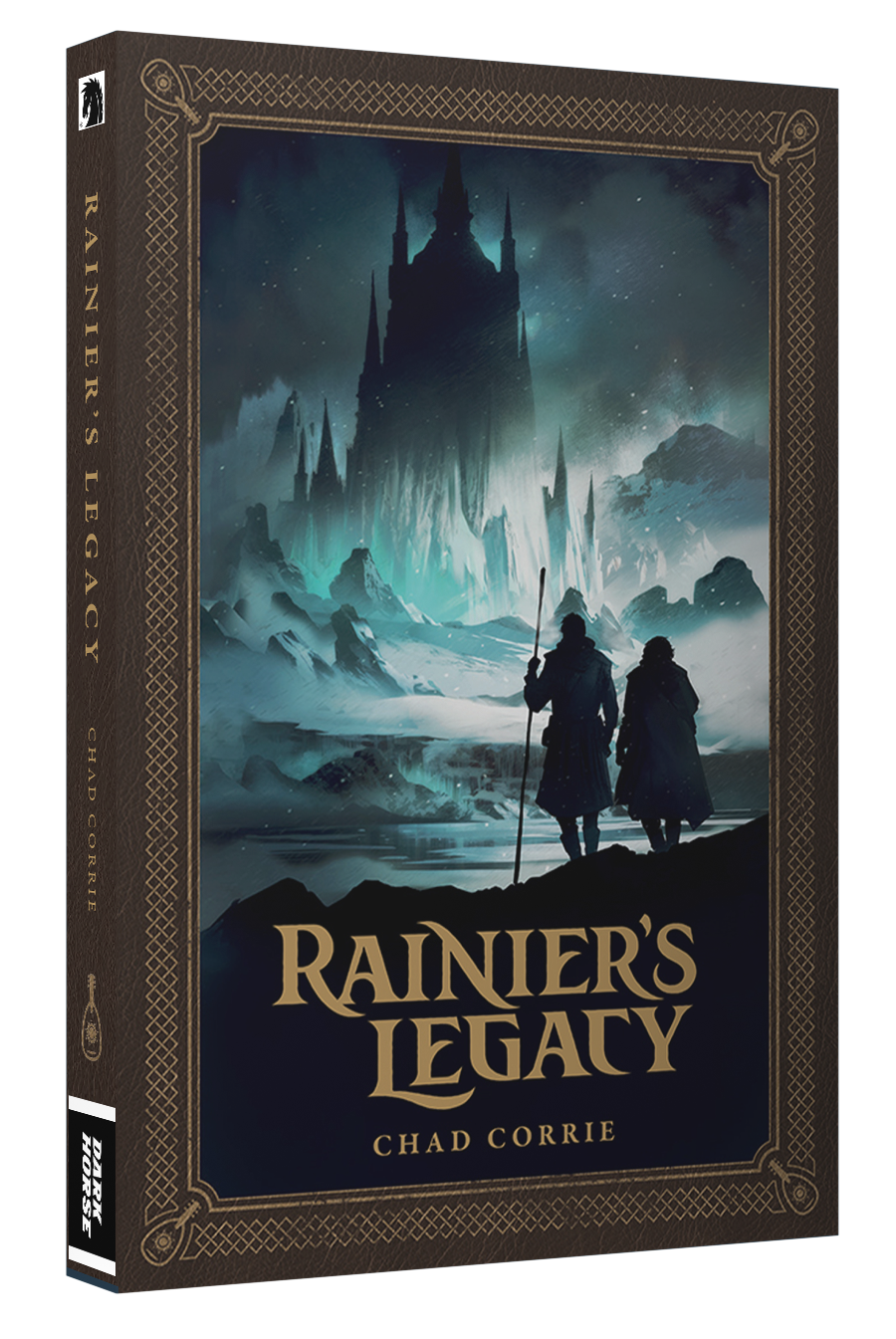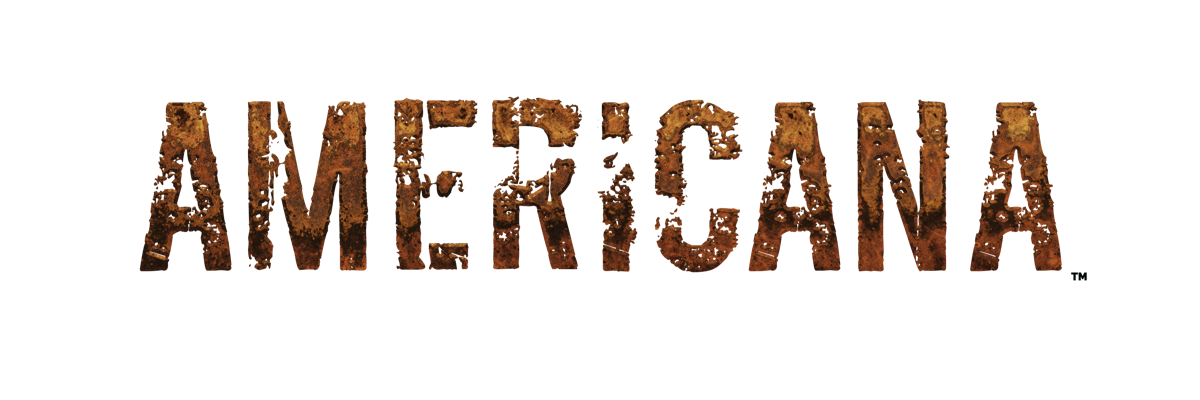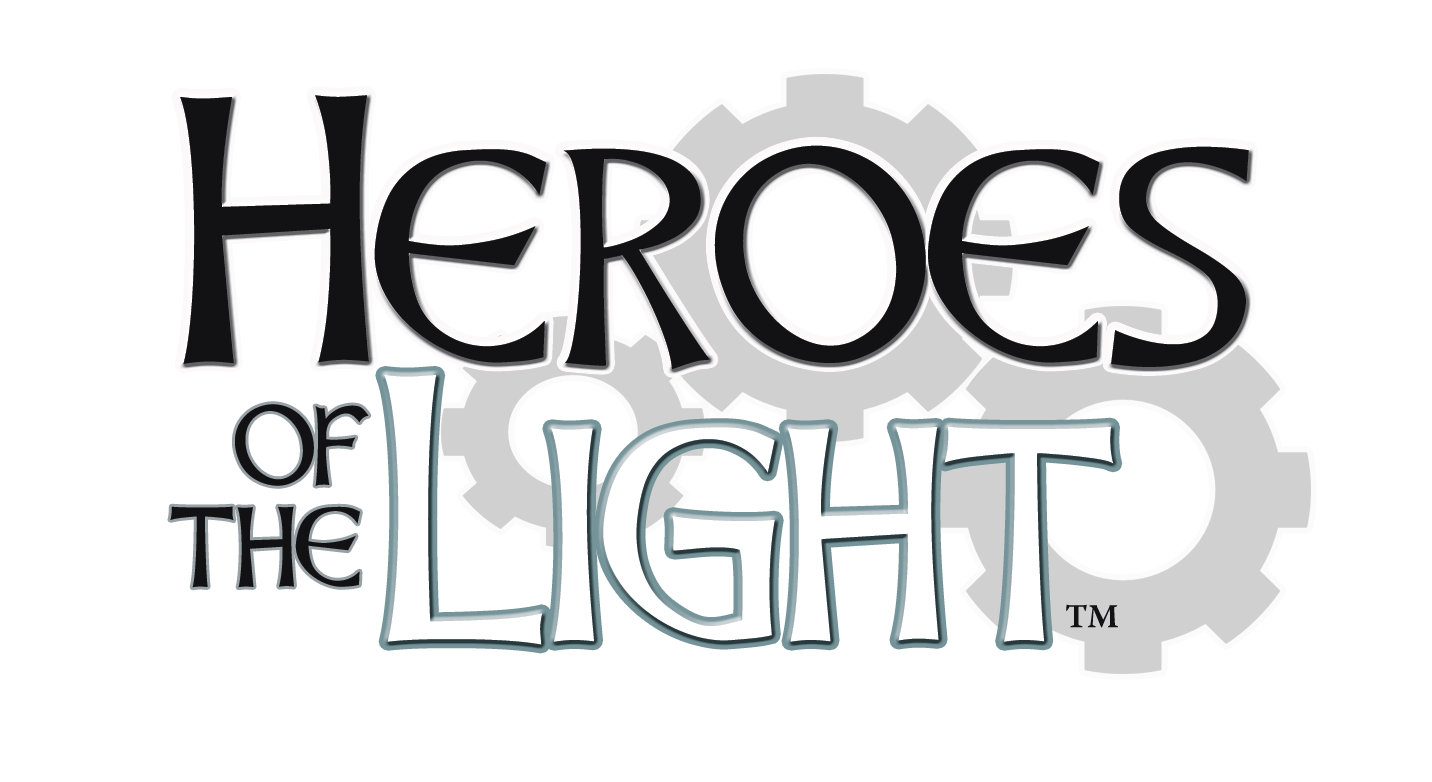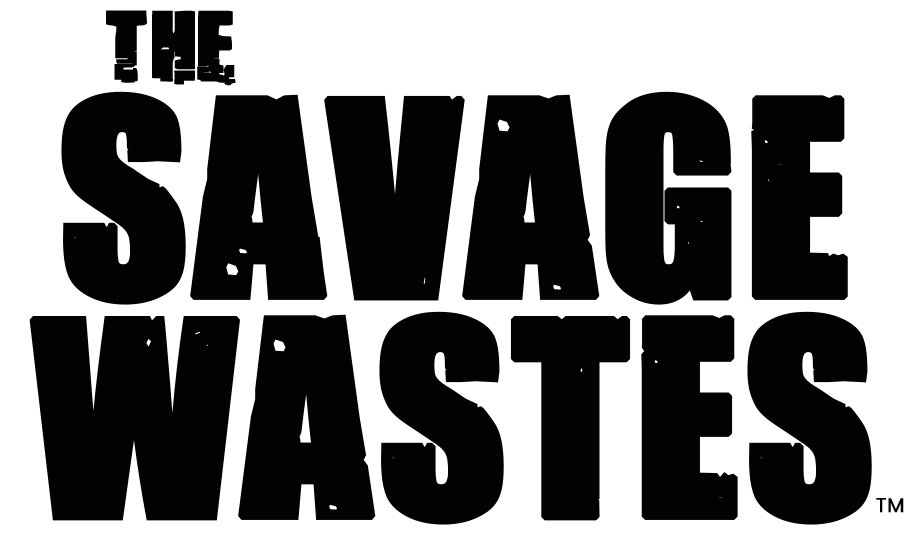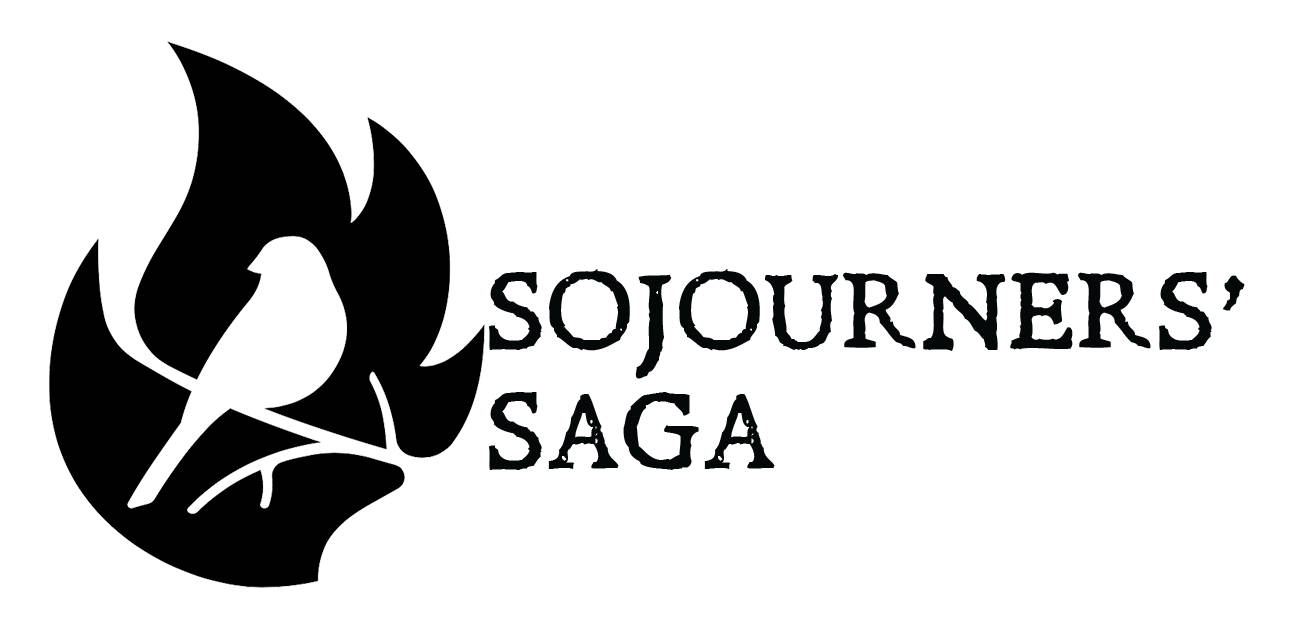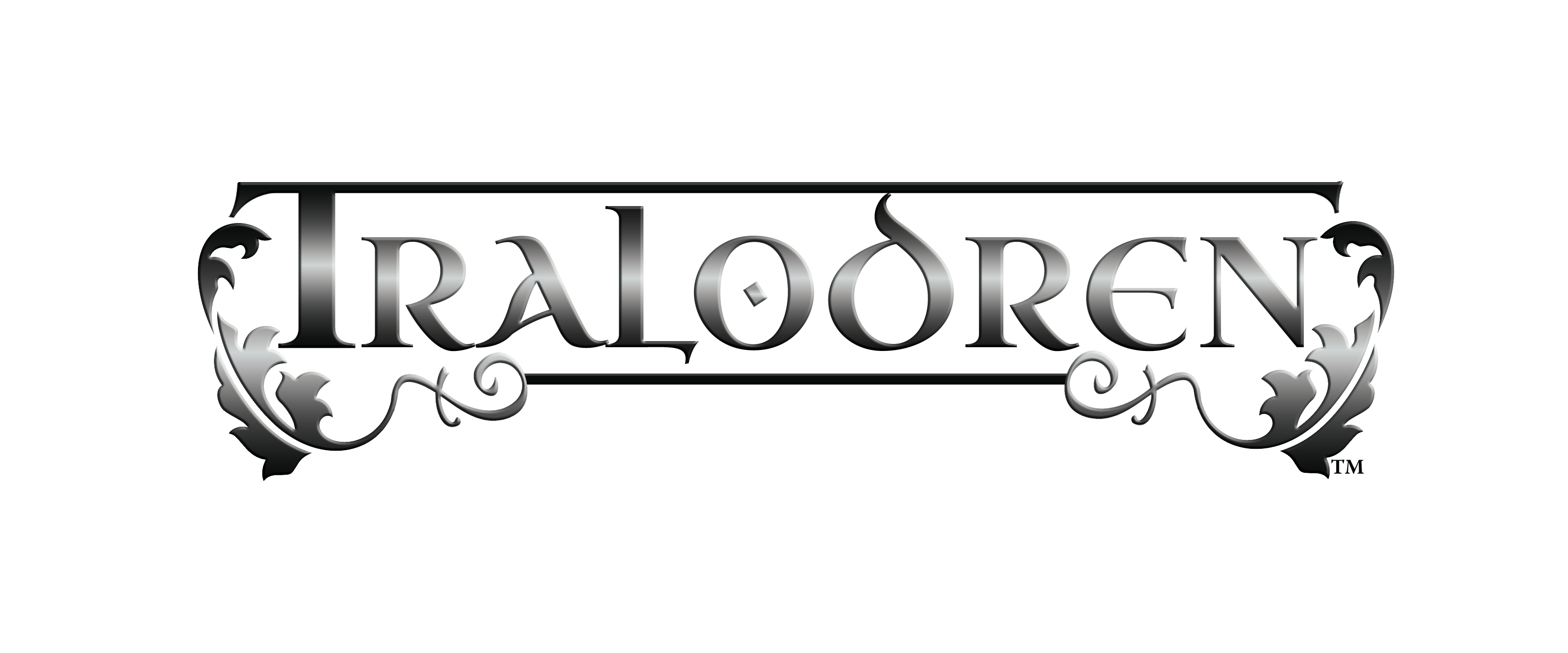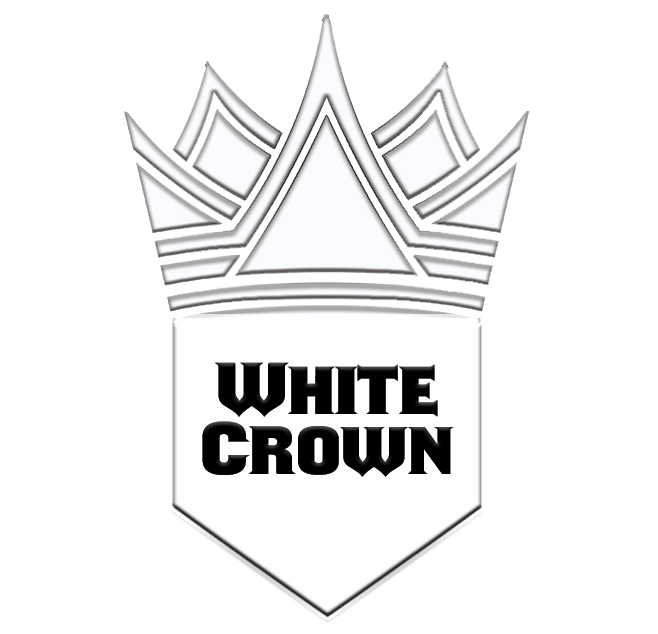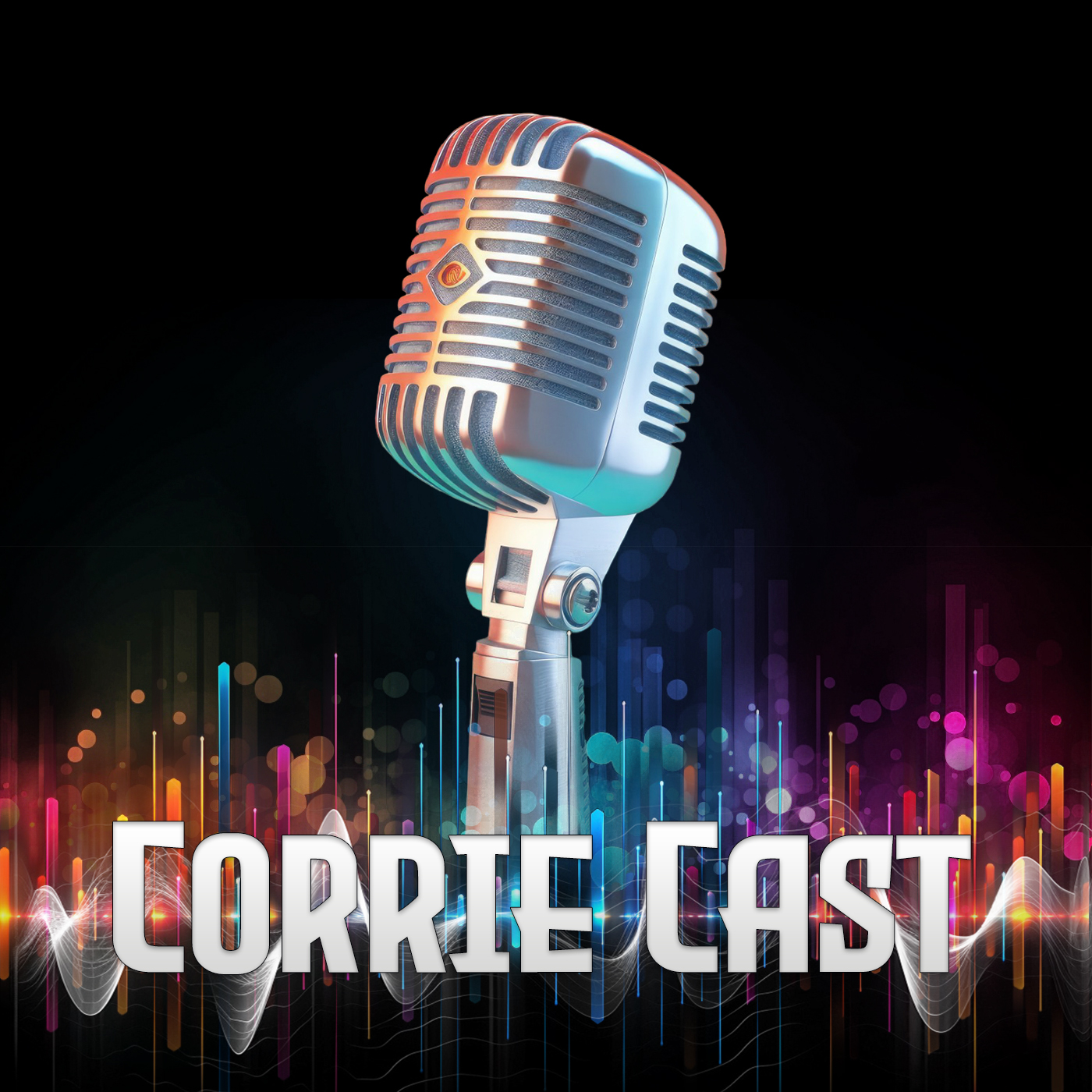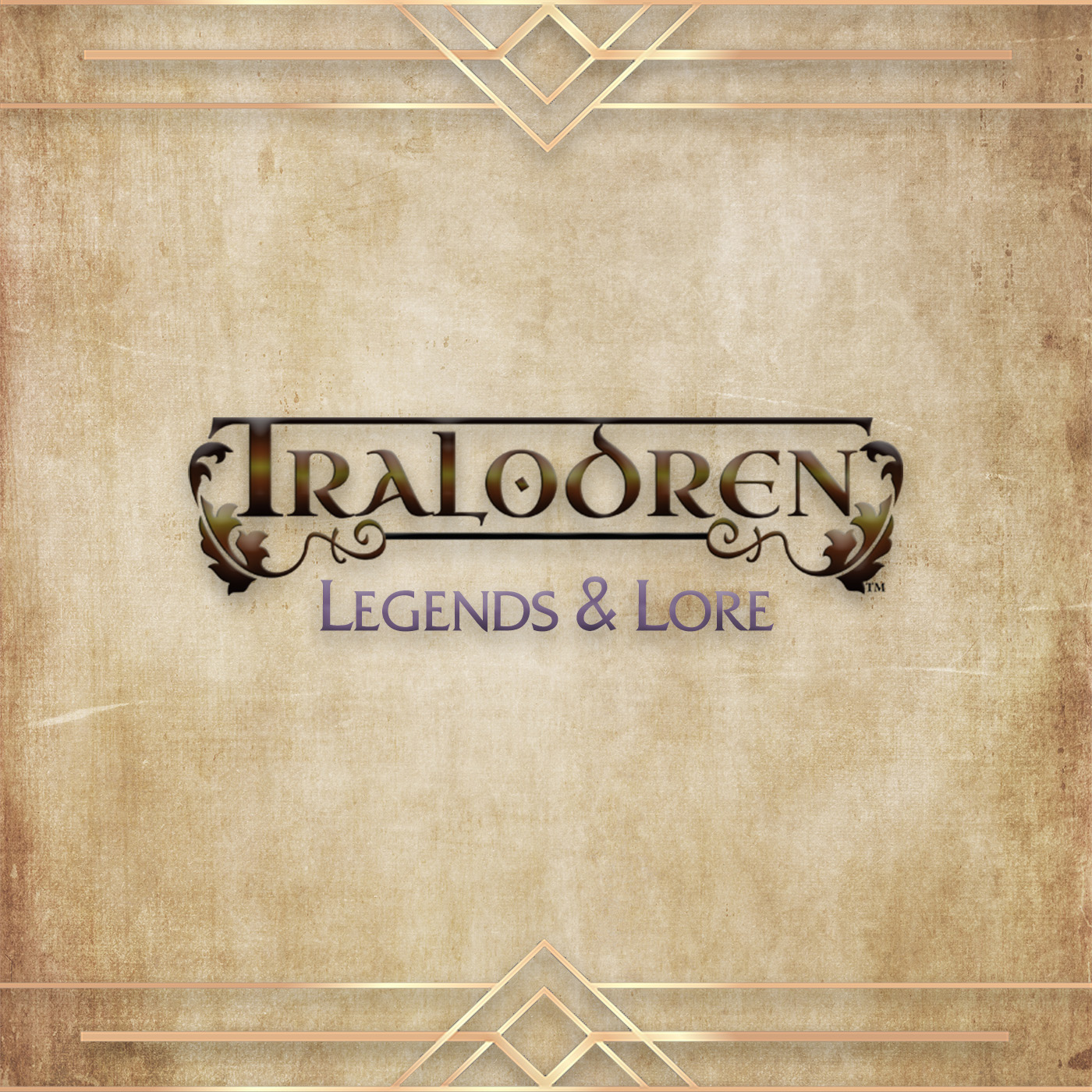GENERAL INFO
BOOK PUBLISHING BASICS
THE WRITER’S DESK © Chad Corrie
Since I still get asked from time to time where one starts in the publishing process—that is what one has to have with their book to make it ready to sell in just about any venue—I thought to share a basic run down in this essay.
It’s not meant to be exhaustive, but provide a checklist to make sure you have all your ducks in a row before venturing into the next step of actually seeking to bring your title(s) to the larger public.
Some of these aspects could be handled by your publishing partner, if you have one. These often seeking to provide you with an ISBN, for example, if you work through their system. And naturally, if you venture into the realm traditional publisher you’ll find many to all of these will be covered by them. That said, however, I’m including the list for those who also want to try things on their own, going the entirely self published route. So whatever way you end up going, you’ll find something on this list that can prove useful to someone.
I’m also going to assume you know that you’ll have to have a cover that has the title of the book and your name in an easy to read design/font and that you understand the importance of a decent looking spine since many books will be spined out on store shelves. Such spines would need a clear title, author name, and the possible including of company logo and/or colophon if such things are used by your publisher or your own press.
ISBN
Basically, you’ll need an ISBN to have your book listed anywhere—in the US and abroad. You can find them available for purchase here. You can purchase them in various quantities but make sure things are final before assigning a number to a title. For once you’d assigned a number you can’t change it.
BISAC
This is a system (found here) that helps define what genre your book should fit under. Ideally it is meant to be placed on the back of the book or elsewhere where a reader and/or book store staff can look and see where to place it. It also is used to further categorize your title in various systems as each category and subcategory has a numerical aspect that helps various systems better record and organize placement for your title.
A good rule of thumb is to not go with too generic a category and seek for about three (or more) listings that best fit your title, going with the most closely related first, followed by the second, and so forth. In this way you maximize coverage while also refining the space in which your title resides. Note that only one listing will be shared on the book itself, the rest listed in the indicia and shared in other systems.
EAN
It’s also a wise idea to have the means for folks to purchase your title. In print books this means having to secure an EAN number for the back of the book. This EAN is the barcode you see at the back of the book that has the price and ISBN and other info. You’ll need the price, ISBN and some other basic information to make the EAN, which you can find here.
SOLICITATION COPY/BACK COVER COPY
This is something you should have on the back of your book and also have on hand to use for promotional and placement purposes. You can check out a whole essay dedicated to the topic here.
INDICIA
Not many authors think about this when seeking publication but it is a great help to have a page following the title page, wherein you list all the important information about the title such as copyright information, Library of Congress number, a disclaimer about this book being a work of fiction, a listing of where the publisher is located, any special notes on how the book was printed, special notes on any fonts used, credit given for the cover, map, interior art, the current printing of the title, etc. In short, just about anything that needs to be mentioned or noted for any possible legal or other matter should go here. When in doubt just pick up a recent book and see what is usually included.
LIBRARY OF CONGRESS
As mentioned in the indicia, it’s often helpful to register your title with the Library of Congress. Doing so will allow you also get listed in various systems, including libraries, who make major use of it. It will cost some money and take some time but does have some benefits. That said, you can find out more about the process here.
